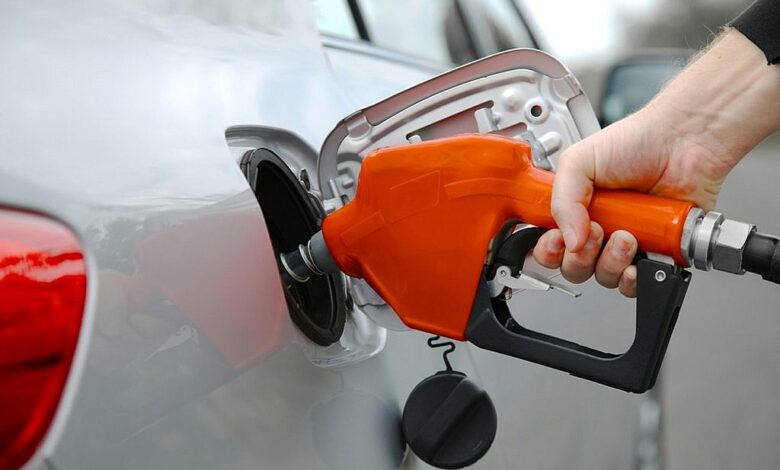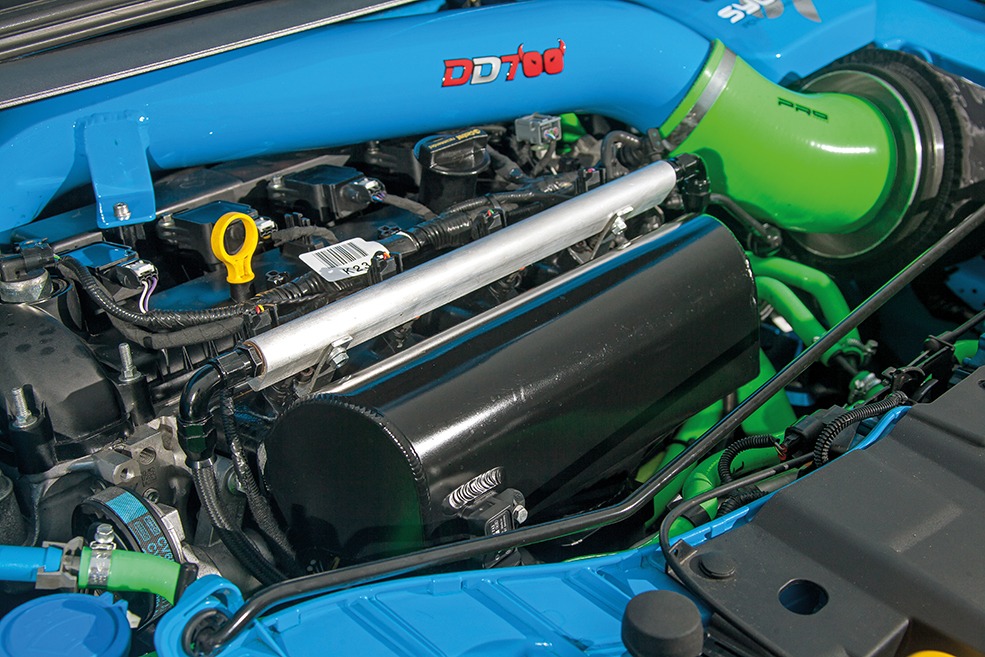The Ultimate Guide to Maintaining Your Vehicle’s Fuel System

The fuel system is the lifeblood of your vehicle, and its proper maintenance is crucial for optimal performance. This comprehensive guide is your go-to resource for mastering the art of maintaining your vehicle’s fuel system. From understanding fuel injectors to ensuring a clean fuel filter, we’ll explore the intricacies of keeping your fuel system in peak condition. Dive into essential tips, best practices, and insightful techniques to maximize fuel efficiency, engine performance, and overall reliability. Uncover the steps to enhance the longevity and efficiency of your vehicle’s fuel system with the ultimate guide to fuel system maintenance.

Contents
Introduction to Fuel System Maintenance
Your vehicle’s fuel system plays a crucial role in the overall performance and efficiency of your car. It is responsible for storing, filtering, and delivering fuel to the engine, ensuring proper combustion. Neglecting fuel system maintenance can lead to a range of issues, including decreased fuel efficiency, engine misfires, and even complete engine failure. By understanding the basics of fuel system maintenance, you can save yourself from costly repairs and keep your vehicle running smoothly.
Signs of Fuel System Issues
Recognizing the signs of fuel system problems is essential for prompt maintenance. Here are some common indicators that your vehicle’s fuel system requires attention:
Decreased Fuel Efficiency
If you notice a significant decrease in your vehicle’s fuel efficiency, it may be an indication of a clogged fuel injector or a malfunctioning fuel pump. A poorly functioning fuel system can lead to inefficient combustion, resulting in increased fuel consumption.
Engine Misfires
Engine misfires occur when the fuel-to-air ratio is disrupted. This can be caused by a faulty fuel injector or a clogged fuel filter. If you experience frequent engine misfires or rough idling, it is crucial to have your fuel system inspected and serviced.
Difficulty Starting the Engine
A healthy fuel system ensures smooth engine startup. If you find it increasingly difficult to start your vehicle, it could indicate a problem with the fuel pump or a blocked fuel line. Ignoring this issue can lead to complete engine failure.
Strange Odors or Smells
Unusual odors emanating from your vehicle, such as a strong gasoline smell, can be an indication of a fuel leak. Fuel leaks are not only dangerous but also negatively impact the performance of your vehicle. Immediate attention from a professional mechanic is necessary to address this issue.
Loss of Engine Power
If you notice a sudden loss of engine power or sluggish acceleration, it may be caused by a clogged fuel filter or a failing fuel pump. These components are vital for delivering an adequate amount of fuel to the engine, and any malfunction can result in decreased performance.
See more: What to pay attention to when taking care of a tourist car
Regular Fuel System Maintenance
To keep your vehicle’s fuel system in optimal condition, regular maintenance is key. Here are some essential tasks you should perform:
Fuel Filter Replacement
The fuel filter is responsible for capturing impurities and contaminants present in the fuel before it reaches the engine. Over time, the filter becomes clogged and needs replacement. Consult your vehicle’s manual for the recommended interval for replacing the fuel filter.
Fuel Injector Cleaning
Fuel injectors can become clogged due to carbon buildup or debris in the fuel. Regular cleaning helps maintain their efficiency and prevents issues such as uneven fuel distribution or engine misfires. Consider using fuel injector cleaning additives or visit a professional mechanic for thorough cleaning.
Fuel Pump Inspection
The fuel pump ensures proper fuel pressure for efficient combustion. Regularly inspecting the fuel pump for any signs of wear or damage is crucial. If you suspect a problem with the fuel pump, such as unusual noises or erratic behavior, consult a mechanic for further inspection and potential replacement.
Fuel Tank Maintenance
The fuel tank can accumulate sediment and debris over time, leading to clogs in the fuel lines and injectors. Periodically cleaning the fuel tank helps prevent these issues. Consult a professional mechanic for guidance on safely draining and cleaning the tank.
Regular Fuel System Flush
Performing a fuel system flush helps remove accumulated dirt and deposits from the entire system, including the fuel tank, lines, and injectors. This process improves fuel efficiency and overall performance. Consult a professional mechanic for guidance on performing a thorough fuel system flush.
The Ultimate Guide to Maintaining Your Vehicle’s Exhaust System
DIY Fuel System Maintenance Tips
While some aspects of fuel system maintenance require professional expertise, there are several tasks you can do yourself to keep your vehicle’s fuel system in top shape:
Keep Your Fuel Tank Full
Maintaining a consistently high level of fuel in your tank helps prevent condensation, which can lead to water accumulation and potential damage to your fuel system components.
Use Quality Fuel
Always opt for high-quality gasoline from reputable gas stations. Low-quality or contaminated fuels can introduce harmful substances into your system, leading to clogs and other issues.
Avoid Running on Empty
Running your vehicle on an almost empty tank can cause the fuel pump to overheat, as it relies on the gasoline for cooling and lubrication. Aim to keep your tank at least a quarter full at all times.
Don’t Ignore Warning Signs
If you notice any of the signs mentioned earlier in this guide, don’t ignore them. Promptly addressing fuel system issues can prevent further damage and costly repairs down the line.
Regularly Check for Leaks
Periodically inspecting your vehicle for any signs of fuel leaks is crucial for maintaining a healthy fuel system. Look for wet spots or strong odors near the fuel tank or under the vehicle.
Mastering Fuel System Maintenance for Peak Vehicle Performance
Maintaining your vehicle‘s fuel system is essential for optimal performance, efficiency, and longevity. By recognizing the signs of fuel system issues, performing regular maintenance tasks, and following simple DIY tips, you can ensure that your car’s fuel system remains in excellent condition. Remember, if you are unsure about any aspect of fuel system maintenance or encounter significant issues, always consult a professional mechanic for assistance. Taking care of your vehicle’s fuel system will not only save you money in the long run but also provide a safer and more enjoyable driving experience.
See more news at: car care vip























